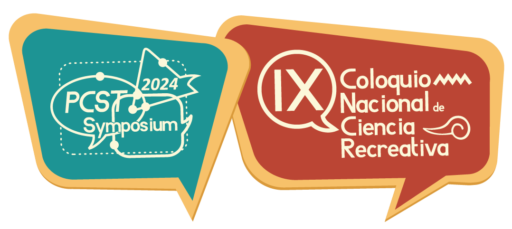Widening the spectrum of discussion: new voices and new knowledge
One of the most valuable aspects of public communication of science and technology (PCST) lies in the ability to bring together the perspectives of people from widely diverse backgrounds. This implies promoting a true dialogue in which all the actors involved benefit from the construction of new experiences and knowledge.
The diversity of voices in debates related to science provides an important boost of relevance to the reality of the participants, managing to establish significant links for specific contexts.
With deficit-type authoritarian perspectives, far from helping to enrich the discussion on science and the scientific culture of societies, we run the risk of alienating many people. Today, more than ever, we have to foster horizontal communication processes in which the lay public is really taken into account, without being underestimated. Here multiple media and strategies come into play, but the option of science recreation activities stands out for its interactivity, synchronous development, and search to establish the participants as protagonists.
Today, PCST efforts need to find strategies that appeal to social sectors beyond the attentive public that already participates in science-related debates. By having these new voices, the discussion will grow with a broader spectrum of perspectives, each with their own ideas, needs, and concerns.
In the same way, regarding the work of the global PCST community, it is important to take the historical bases of this discipline and bring them closer to the ideas and experiences of other realities. The paradigms, which are heavily influenced by scholars in Europe and the United States, provide an essential framework for discussion, but have great opportunity for advancement through interaction with ideas from the global south, and in this case, Latin America.
The International Symposium of Public Communication of Science and Technology 2024 and IX National Colloquium of Science Recreation, in Zacatecas, intends to integrate the contribution of international leaders in the field with new actors that enrich the academic discussion and build solutions for the great challenges of PCST in our time.
